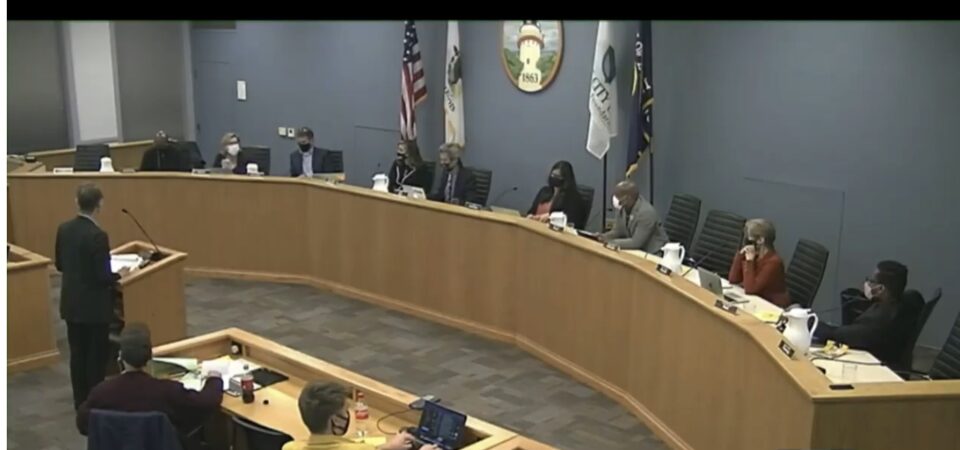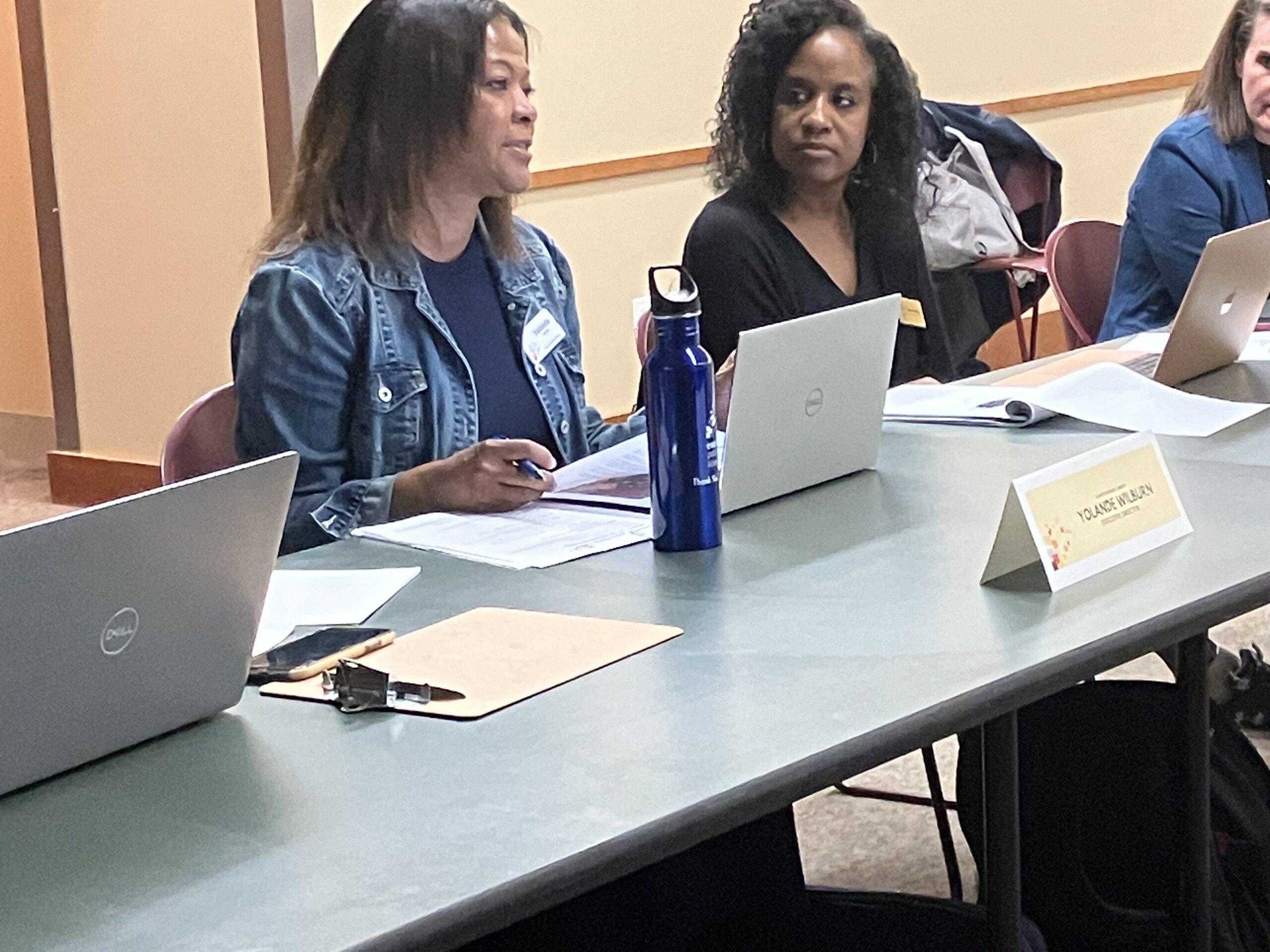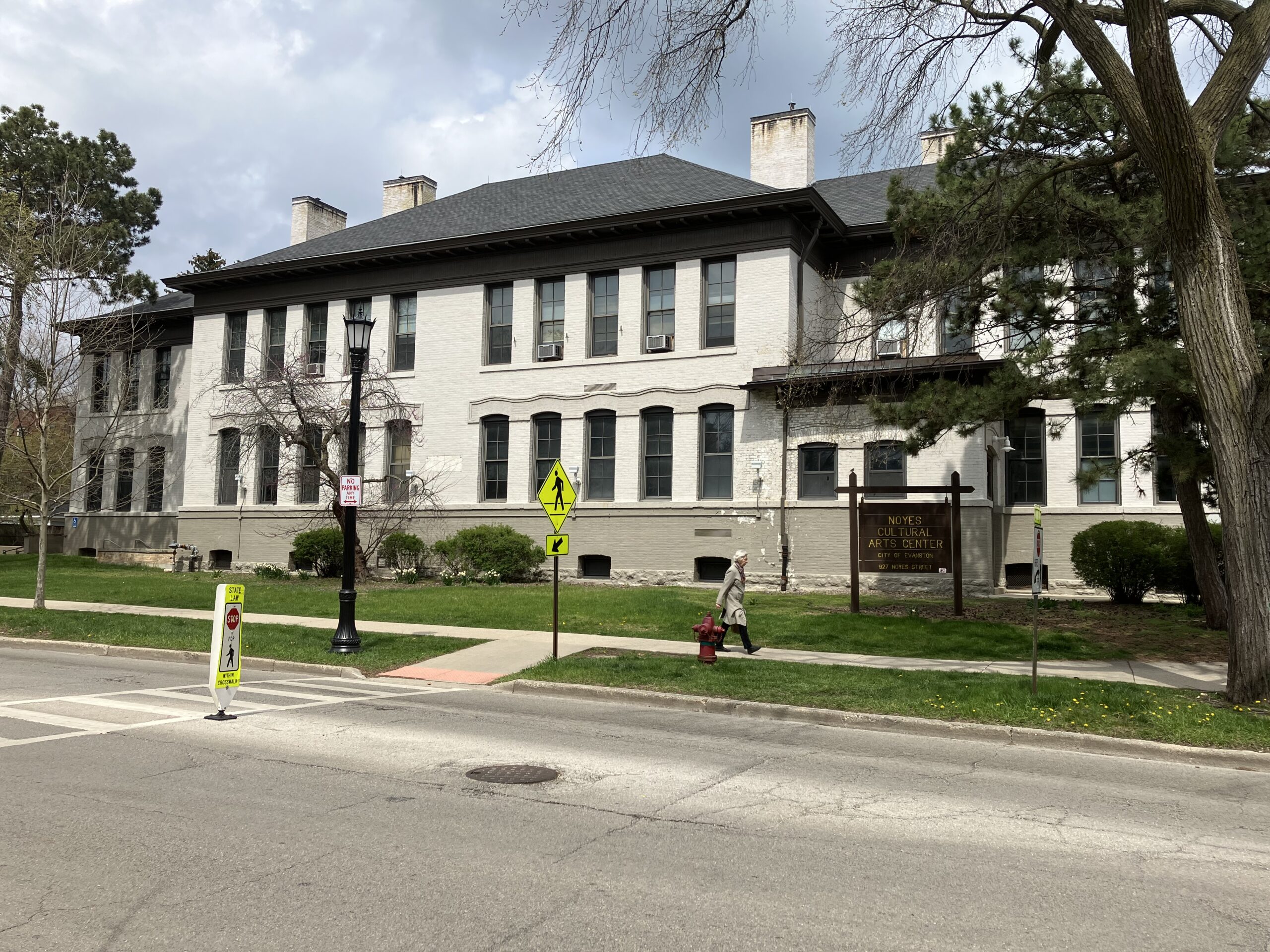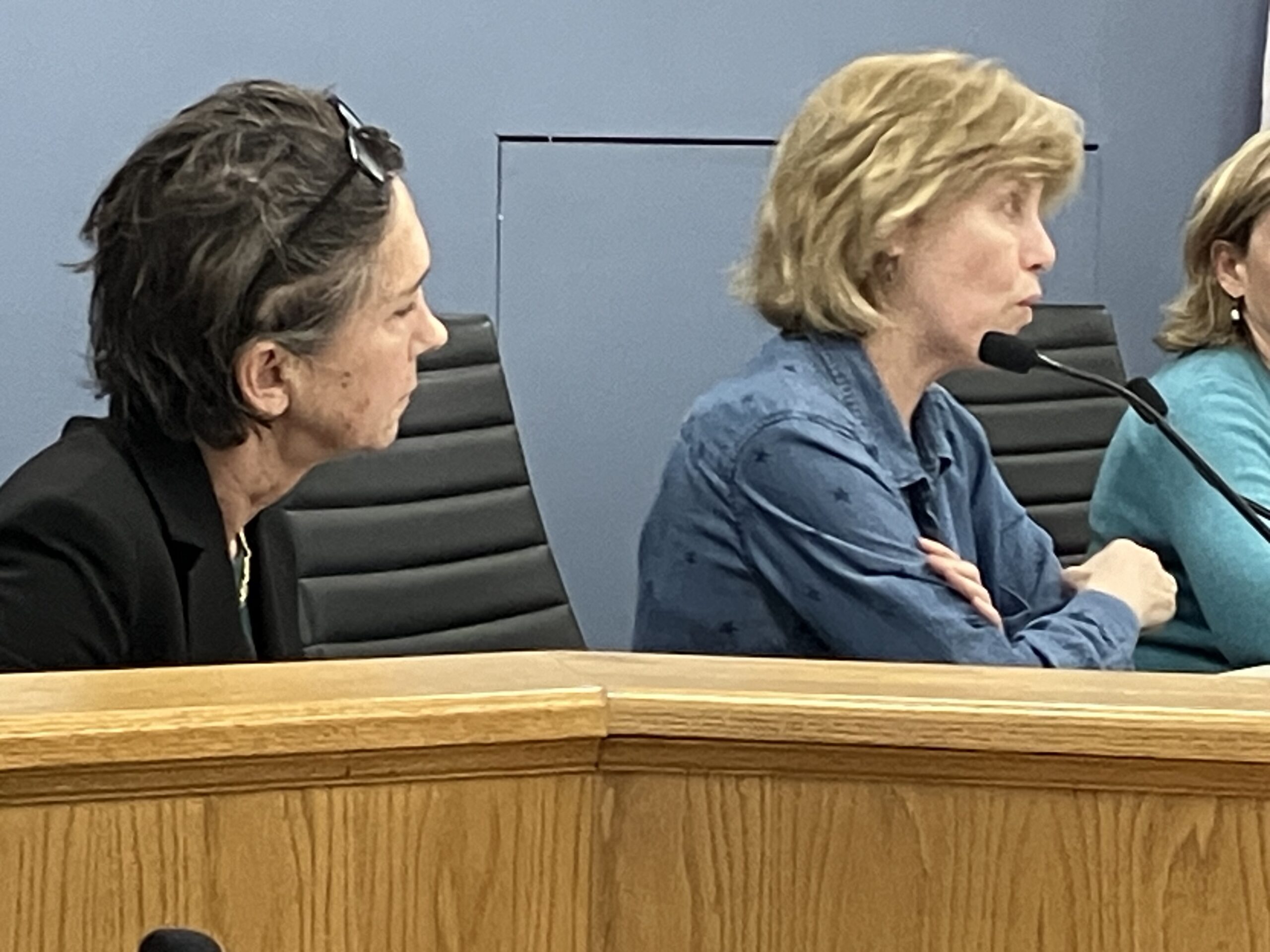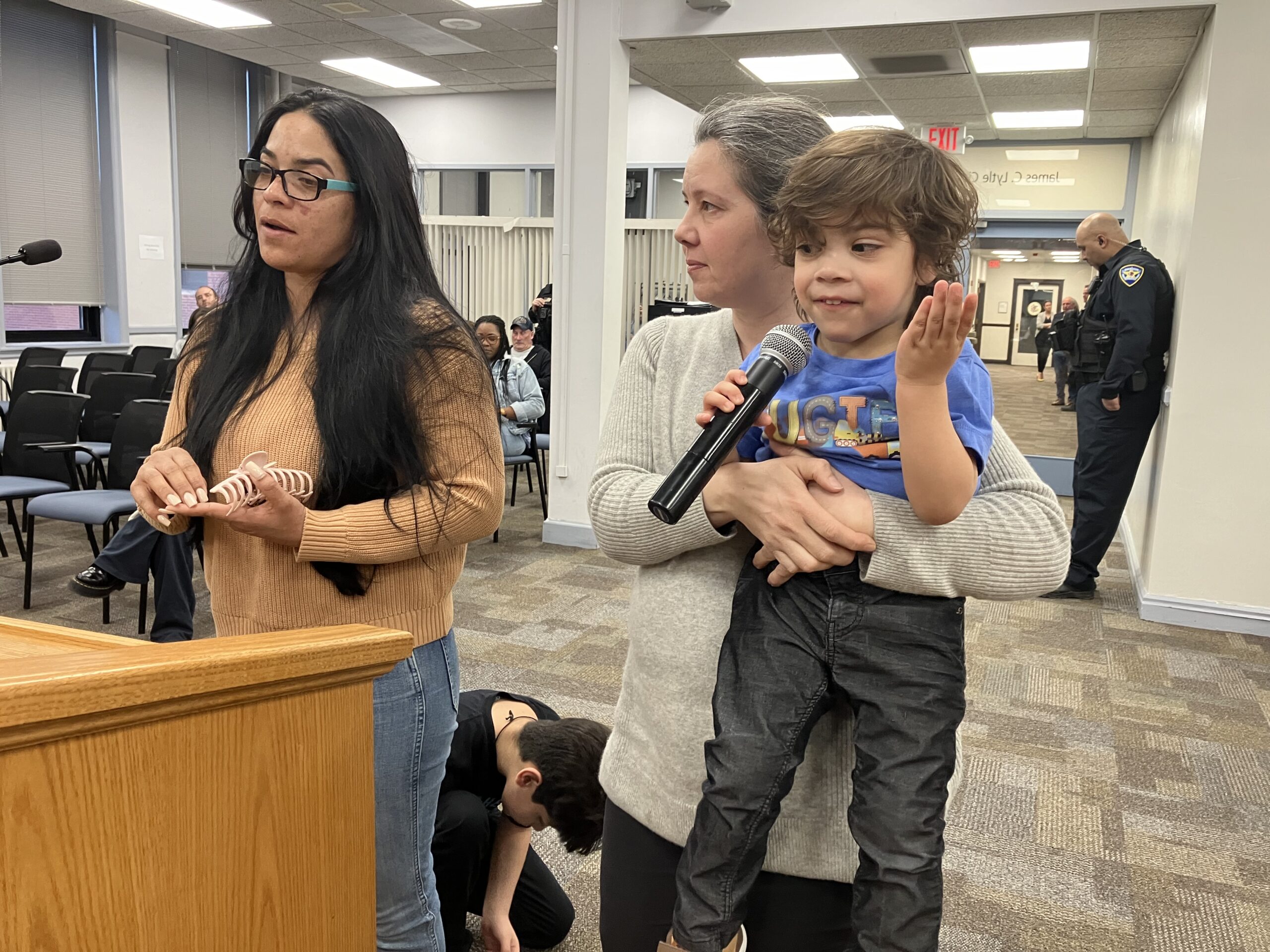By Bob Seidenberg
Evanston residents will be given the opportunity in November to say whether they favor moving to a ranked-choice voting system to elect the Mayor, the City Clerk and members of the City Council, under a proposal that received backing Monday, July 11.
Council members voted 7-0 at their meeting to approve a resolution that instructs the City Clerk to place a referendum on the Nov. 8 ballot, asking Evanston voters whether they want to move to the rank-voting system starting with the April 2025 consolidated election.
Before the vote, Council members Clare Kelly, 1st Ward, Bobby Burns, 5th Ward, and Devon Reid 8th Ward, were critical of their colleagues for closing off debate on the question.
“We’re talking about changing our voting system and folks want to rush this through. This is a horrible, horrible process for something as big as this,” said Reid.
Kelly noted that “I was hoping to hear a little bit more and have a little more discussion on this.”
Burns maintained that he had pressed the light by his lectern at the dais, signifying to Mayor Daniel Biss, who moderates Council discussions, he wished to speak. Instead, discussion had turned to Council member Peter Braithwaite’s motion to “call the question’ — a parliamentary procedure essentially bringing debate to a close and determining whether there should be an immediate vote on the main motion.
Asked afterwards about Burns’s concerns, Biss said he had no discretion on the matter, referring to Council rules. Rule 12.3 adopted by the Council states that “no Council member shall speak twice on the same subject until all Council members who wish to speak have had an opportunity to be heard at least once.”
Braithwaite had not yet spoken on the subject when called on by the mayor, while Burns and others had.
Nevertheless, Burns said, ‘’This is something that is really important, that we should allow all of our colleagues to speak on important issues such as this. I’ve never called the question, and I never will to stop discussion. I think that is profoundly disrespectful.”
On the main motion, Council members voted 7-0 in favor of placing rank-order voting on the referendum, with Burns and Reid not voting on the question.
Under the current election system, Evanston residents vote for one candidate for each local office. The change would allow voters to rank candidates running for city office in order of preference.
Voters may still choose only one candidate, if desired, explained Nicholas Cummings, the city’s corporate counsel, in a memo.
Should no candidate receive a majority of the votes cast, the last-place candidate would be eliminated and votes for that candidate would be transferred automatically and immediately to a voter’s next choice, Cummings said.
“This process would repeat until a candidate receives a majority of votes in a round of counting, making them the winner,” he said. “This proposal would eliminate the separate primary election for mayor, clerk and City Council members.”

New Ninth Ward Council Member Juan Geracaris made the initial referral that the council consider moving to the new voting system.
Mary Keefe Kelly, co-president of the Evanston League of Women Voters, spoke in favor of the change during public comment at the June 27 City Council meeting.
“The League of Women Voters supports ranked-choice voting as an alternative to plurality voting,” she said. “In most elections in the United States, the candidate with the most votes wins, even if that candidate’s share of votes is less than 50%. In ranked-choice voting, the winner must have over 50% of the votes to win, which ensures that the majority of the voters support the winning candidate.”
Kelly said ranked-choice voting “gives the voters more choices and more power and represents the best practice in choosing elected officials in our democracy.”
Another reason to support ranked-choice voting for municipal elections, she maintained, is that it would eliminate the need for a primary election.
During public comment, Benjamin Page, a professor in Northwestern University’s political science department who has written about elections and policy-making, told council members that with ranked-choice voting, “if you let everybody rank candidates instead of just picking one, you get a lot of information about what people want.”
Page said that “you can use that information so that if nobody has a majority initially, you can make sure that the winner is the one who is preferred by more people than the loser.”
He maintained that ranked-choice gives a greater voice to minority groups “where there is a tendency to worry about whether your candidate has any chance of winning and that you might waste your vote.”
With ranked-choice voting, members of those groups can rank their candidate first “and then be sure your vote will counted.”
’Not what it’s cracked up to be: Reid
But during council debate, Reid asked, “What problem are we trying to solve?”
Reid, formerly Evanston’s city clerk and the city’s chief election official, maintained that ranked-choice voting “is not what it’s quite cracked up to be.”
He called the primary system “a really solid system” that “has led to extremely diverse councils. It has led to the election of an African American mayor,” he said, referring to Lorraine H. Morton, who served as mayor from 1993 to 2009.
Reid invited support from Jason A. McDaniel, an associate professor in the department of political science at San Francisco State University, who spoke via videoconferencing.
McDaniel said his research showed that ranked-choice, because of its complexity, is a barrier to participation. His findings showed that the system decreased voter turnout anywhere from 2 to 3 percentage points to more like 5, “which is a substantial reduction in turnout.”
But Eric Friedman, assistant executive director for the New York Campaign Finance Board, spoke of New York City’s experience after starting ranked-choice voting in 2019.
With ranked-choice voting, voters have more say in the election, he told council members.
“If their first choice loses,” he said, “voters still help choose who gets elected.”
Further, he maintained, under the ranked-choice system, “candidates spend more of their time appealing to voters to garner broad support and less time attacking.”
Friedman maintained that in cities that have used the system across the country, more female candidates and candidates of color have stepped forward who are “more representative of the communities they serve.”
